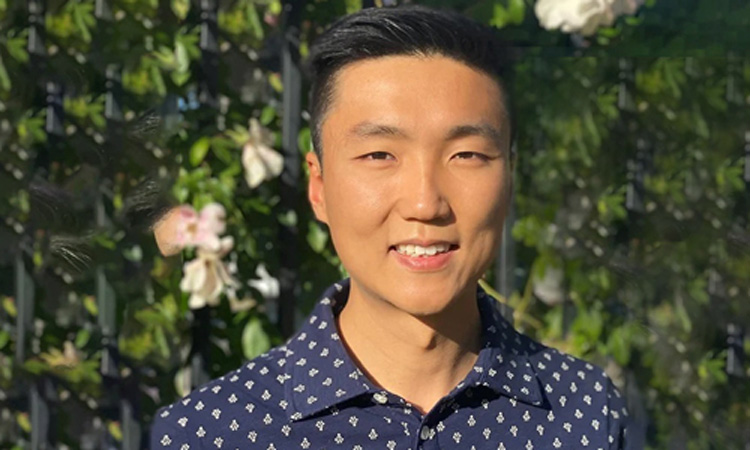Molecular biologist Yu Xin (Will) Wang, PhD, has joined Sanford Burnham Prebys as an assistant professor in the Development, Aging, and Regeneration Program to uncover the ways muscle, nerve and immune cells work together to overcome disease.
“We are thrilled to welcome Will to Sanford Burnham Prebys,” says President and CEO David A. Brenner, MD “He brings a multidisciplinary approach to answering hard scientific questions, and I look forward to seeing how his research leads to solutions for people affected by neuromuscular disease.”
Wang studies the cell-cell interactions that mediate the function of tissue-specific stem cells during regeneration and disease. When these cell-to-cell interactions go awry, it can result in debilitating neuromuscular diseases, such as muscular dystrophy and myasthenia gravis.
“When I first learned about regenerative medicine, I was struck by the ability of a small pool of muscle stem cells to rebuild and restore the function of muscle, and I’ve been fascinated by this process ever since,” says Wang. “My lab aims to harness these regenerative powers to combat chronic diseases.”
Wang is also exploring how autoimmune responses—when the immune system attacks the body’s own tissues—can interfere with its ability to regenerate. As well as being relevant to disease, autoimmune responses also play a role in “inflammaging,” the low-level, chronic inflammation that occurs with age. Inflammaging is thought to contribute to many of the physical signs of aging.
“There is a complicated connection between the immune system, that normally acts as body’s line of defense, but becomes unchecked in aging,” says Wang. “Exploring these interactions on the molecular level could help yield new treatments for diseases and strategies to counteract the detrimental effects of aging.”
Wang is particularly excited about how recent technological advances are accelerating biomedical research, such as computational biology, which uses powerful neural network algorithms to reveal insights into complex biological processes, and multiplexed tissue imaging, which can map every cell in a tissue of interest to reveal how cells work together in health and find bad actors responsible for disease.
“Sanford Burnham Prebys has the ideal technology to pursue my research and encourages collaboration with scientists and clinicians in San Diego and beyond,” says Wang. “I’m excited to join the faculty at this world-renowned Institute and advance my goal to develop therapies that promote regeneration.
Wang joins the Institute following a postdoctoral fellowship at Stanford University School of Medicine. He completed his PhDin Canada at the University of Ottawa.
